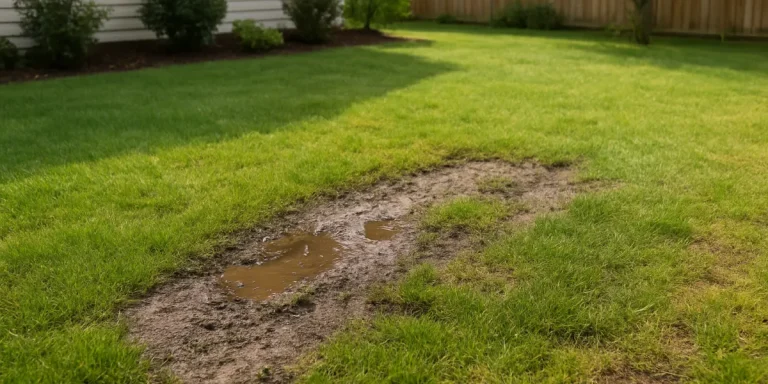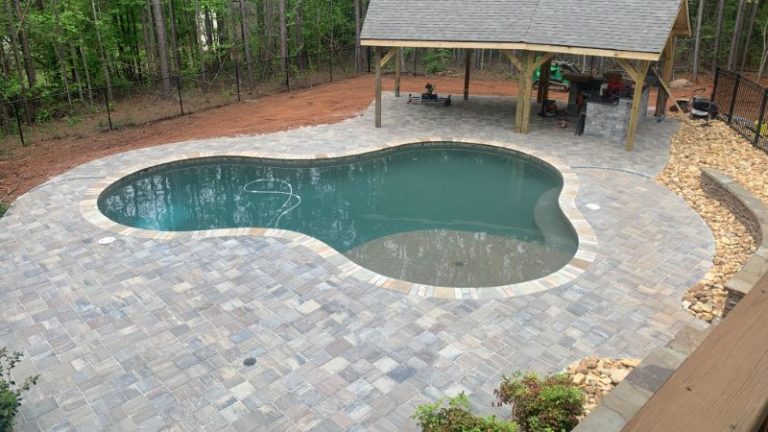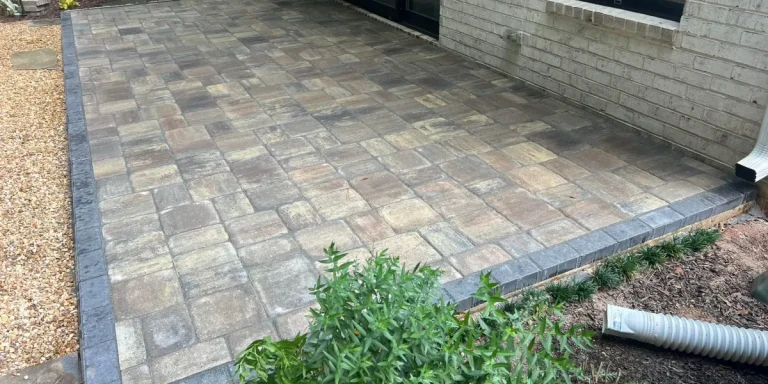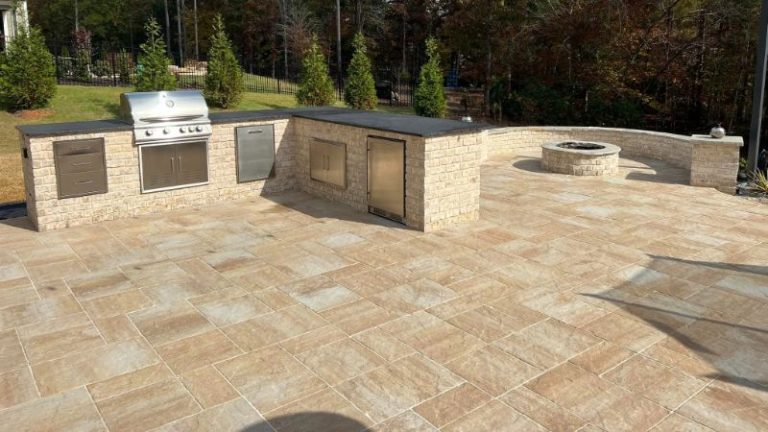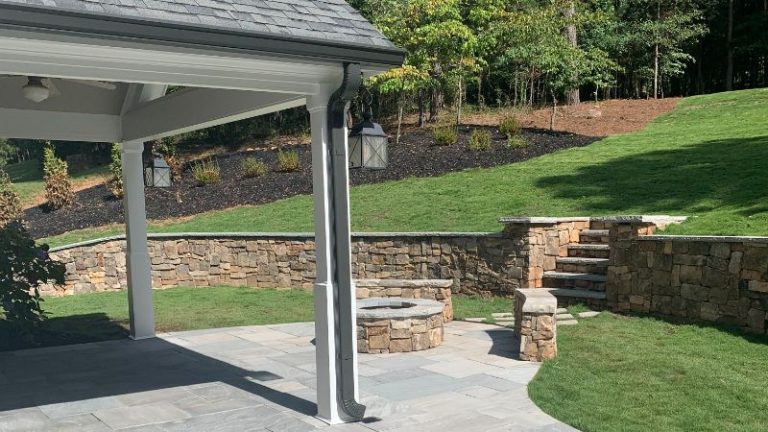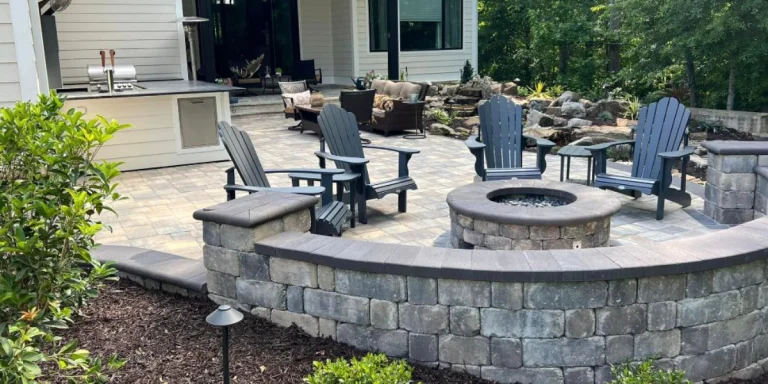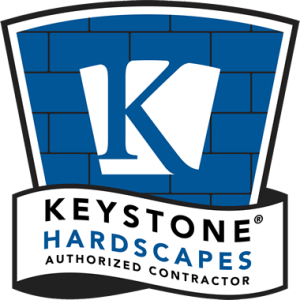Are Mulch Beds or Gravel Better in Dry Weather?
If you’re planning to update your landscape during a stretch of hot, dry Georgia weather, one question comes up often: should you use mulch or gravel in your garden beds? Each option has pros and cons, especially when it comes to moisture retention, plant health, and maintenance.
At GCO Landscaping, we help homeowners in Sharpsburg and surrounding areas make smart material choices for their landscapes—especially in climates where drought stress is a concern. Here’s what you need to know to choose the best option for your yard.
The role of ground cover in dry weather
In any landscape, exposed soil is vulnerable to the sun. Without protection, it quickly dries out, loses nutrients, and becomes more susceptible to erosion. Whether you’re planting flowers, shrubs, or simply creating a clean-looking low-maintenance bed, using the right ground cover helps retain moisture and protect the root zone.
Two of the most popular materials used in Georgia landscapes are organic mulch and decorative gravel. While both serve as ground covers, they behave very differently in dry weather.
Benefits of mulch in dry conditions
During Georgia’s hot and often dry summer months, organic mulch becomes one of the most effective tools for preserving plant health and reducing landscape maintenance. Whether you choose shredded bark, pine straw, or wood chips, mulch acts like a natural insulating blanket for your soil—protecting it from the elements and promoting more consistent growing conditions.
Here’s a closer look at how mulch helps your landscape during dry weather:
Superior moisture retention
One of the top benefits of mulch in dry conditions is its ability to retain moisture in the soil. Mulch slows down evaporation by shielding the surface from direct sun exposure and wind. This means:
-
- Your plants require less frequent watering
- Water penetrates deeper into the soil where roots can access it
- Soil remains consistently moist, even between irrigation cycles
For homeowners trying to conserve water or reduce their irrigation needs, mulch is an easy, effective solution that works with both manual and automated sprinkler systems.
Temperature regulation
In the heat of the summer, soil temperatures can spike dramatically—especially in exposed areas. Mulch acts as a natural insulator, keeping the root zone cooler and preventing heat stress in delicate or shallow-rooted plants.
-
- Keeps roots cool during hot afternoons
- Reduces the risk of wilting and heat-related plant damage
- Helps newly planted flowers, shrubs, and trees establish themselves
This temperature control is especially important for landscapes in full sun or for moisture-sensitive species commonly used in Southern gardens.
Nutrient improvement and soil health
Unlike gravel or synthetic coverings, organic mulch breaks down over time, slowly adding nutrients and organic matter to the soil. This decomposition process:
-
- Improves soil texture and aeration
- Encourages healthy microbial activity
- Enhances long-term fertility for plants and shrubs
This makes mulch a smart choice for clients who want to enrich their soil naturally and support long-term plant health without relying solely on fertilizers.
Weed suppression
A thick layer of mulch also helps prevent weeds from sprouting by blocking sunlight and creating a less hospitable environment for seed germination.
-
- Minimizes competition for moisture and nutrients
- Reduces the need for chemical weed control
- Keeps your planting beds looking neat and well-maintained
By minimizing weeds, mulch also reduces landscape maintenance, saving you time and effort throughout the growing season.
At GCO Landscaping, we recommend mulch for most planting beds—especially around shrubs, trees, annuals, perennials, and new landscape installations. We use high-quality bark mulch that’s locally sourced and tailored to Georgia’s climate, ensuring optimal performance and aesthetic appeal.
Our team will help you determine the best mulch type and depth based on your plant selections, sun exposure, and watering needs, so your landscape not only survives dry weather—but thrives in it.
When gravel makes more sense
While mulch is often the go-to option for moisture retention, gravel (including river rock, crushed stone, or pea gravel) has its own set of advantages—especially in dry, sunny areas or low-maintenance landscape designs. Gravel doesn’t hold moisture like mulch, but it also doesn’t decompose, blow away, or need to be replaced each season.
Used correctly, gravel can create clean, functional, and drought-resistant planting beds that perform well in Georgia’s hot climate.
Advantages of gravel in dry-weather landscaping:
Durability
Gravel is one of the most long-lasting ground cover materials you can choose. Unlike mulch, it doesn’t break down over time, wash away during heavy rain, or fade from prolonged sun exposure.
-
- Ideal for homeowners who want a “set-it-and-forget-it” material
- Holds up for years with minimal need for touch-ups
- Does not attract pests or harbor mold in wet or humid conditions
This makes gravel a great choice for sloped areas, hard-to-reach spaces, and landscapes where long-term performance is a priority.
Excellent for drainage
Because gravel is porous and allows water to pass through quickly, it’s a smart option for areas that struggle with standing water or poor runoff.
-
- Helps redirect rainwater and reduce erosion
- Works well in French drains, dry creek beds, or drainage swales
- Prevents oversaturation in areas with heavy clay soil
GCO Landscaping often uses gravel as part of our drainage solutions to help protect patios, walkways, foundations, and landscape beds from water-related damage.
Clean, modern appearance
Gravel offers a neat, minimalist look that complements both traditional and modern landscape designs. It comes in a variety of colors, sizes, and textures, allowing for customization to match your home’s style and plant selections.
-
- Enhances the visual appeal of succulent gardens, ornamental grasses, and architectural plants
- Creates contrast with pavers, retaining walls, and garden borders
- Works well in xeriscape designs or contemporary outdoor spaces
If you’re looking to create visual impact with low visual clutter, gravel offers the structure and style many clients want.
Low maintenance
Once gravel is installed with the proper base layer and weed barrier, it requires very little upkeep.
-
- No reapplication each year like organic mulch
- Reduces weed growth when paired with professional-grade fabric
- Doesn’t attract insects or harbor fungi like wood-based products
This makes gravel a strong choice for busy homeowners or those managing rental properties, vacation homes, or commercial landscapes that need to stay sharp with minimal effort.
At GCO Landscaping, we use gravel strategically—not just for looks, but to improve function, flow, and durability in key areas of your yard. Gravel beds are especially effective in:
-
- Sunny areas with heat-tolerant or native plants
- Landscape borders near walkways, patios, or driveways
- Transition zones between hardscaping and planting beds
- Spaces where traditional mulch would wash away or decay
Whether you’re creating a water-smart garden or adding decorative gravel to highlight a paver feature, our team can help you design and install a layout that performs beautifully in Georgia’s dry weather conditions.
Mulch vs. gravel: which is better for your yard?
Choosing between mulch and gravel comes down to how your yard functions, what kind of plants you have, and how much maintenance you’re comfortable with.
Use mulch if:
-
- You want to retain moisture for shrubs, flowers, or vegetables
- Your soil needs improvement or added nutrients
- You’re trying to protect young or water-dependent plants
- You don’t mind refreshing the material once a year
Use gravel if:
-
- You have drought-tolerant or native plants that prefer dry soil
- You want a clean, low-maintenance look
- You're installing a drainage solution, dry creek bed, or modern design element
- You need a long-lasting material that won’t break down
Case example: Mulch vs. gravel in a Newnan landscape
A recent client in Newnan was struggling with dry soil and high maintenance in their backyard planting beds. We replaced their eroded mulch with a decorative gravel layout in one section containing hardy ornamental grasses and installed fresh bark mulch in a shade garden with hydrangeas and camellias. The result was a balanced, climate-smart design that minimized upkeep while meeting the needs of each plant.
Proudly serving Sharpsburg and surrounding areas
GCO Landscaping provides professional mulch installation, gravel bed construction, and landscape design services throughout:
-
- Sharpsburg
- Peachtree City
- Senoia
- Newnan
- Tyrone
- Fayetteville
We tailor every project to your site conditions, water needs, and long-term maintenance goals.
Need help choosing the right material for your yard?
Let’s create a landscape that thrives in Georgia’s climate.
Whether you’re debating between mulch and gravel or want to redesign your landscape for better drought performance, GCO Landscaping is here to help. Our team will guide you through the options and build a custom plan that looks great and performs even better.
Call us today or request a free estimate for your mulch or gravel installation. We proudly serve Sharpsburg, Peachtree City, Senoia, Newnan, Tyrone, and Fayetteville with expert landscaping services designed for Georgia homeowners.


